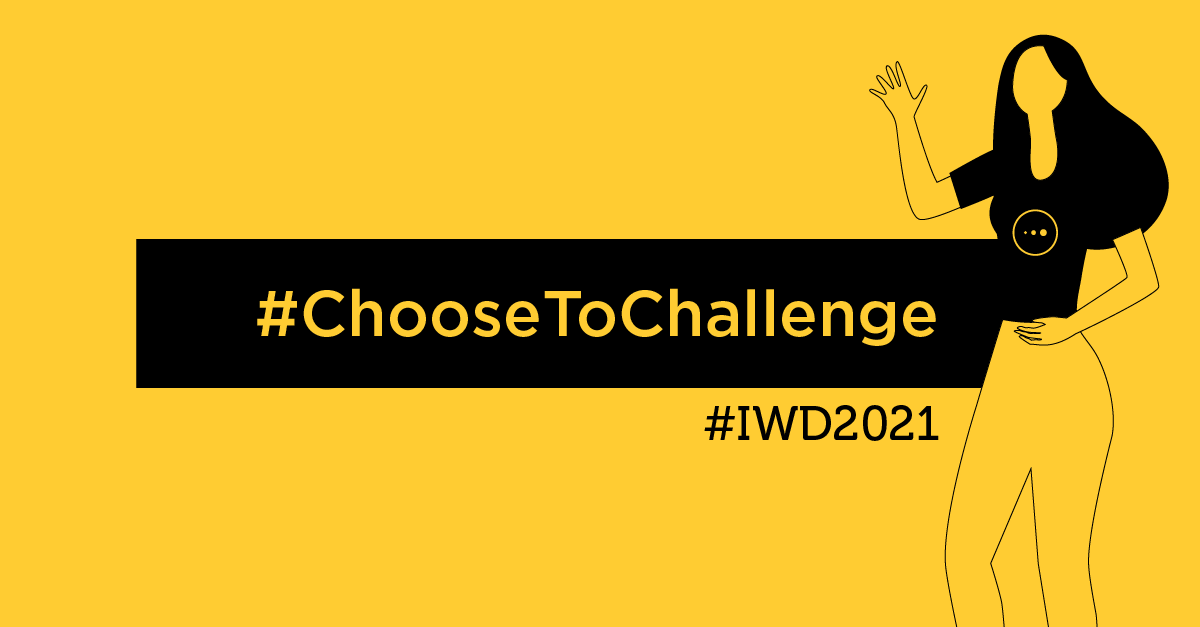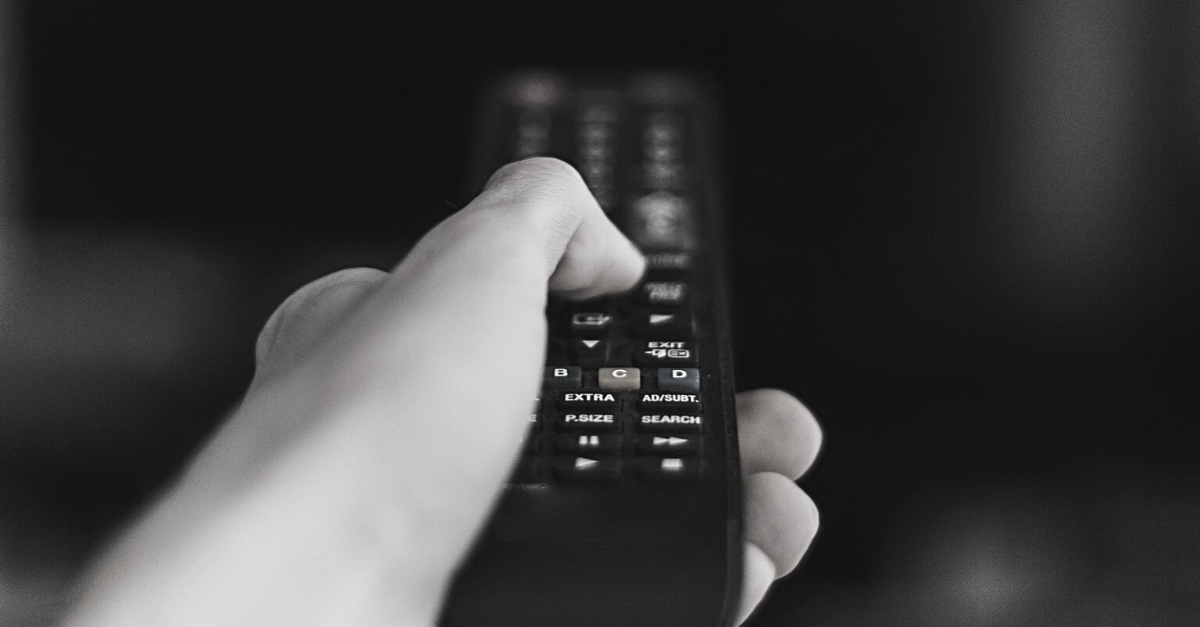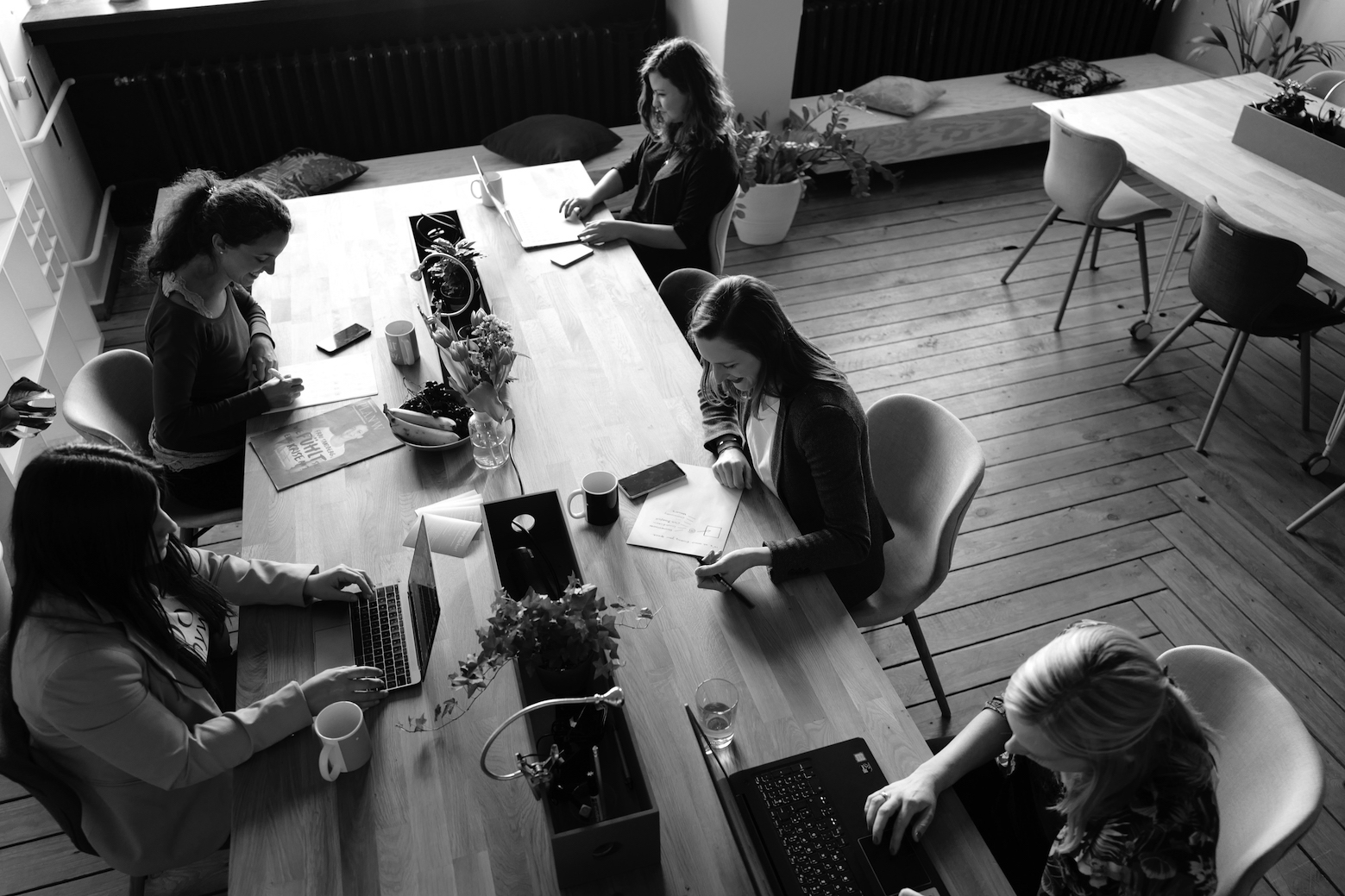This year’s International Women’s Day theme is ‘Choose to Challenge’, which is quite the call-to-action if we say so ourselves. Many of us often ask questions about why there are fewer women in leadership positions, and ponder what can be done to support women in leadership, but where’s the action? It’s time we challenge stereotypes, explore opportunities for involvement and choose to make change happen in our organisations.
Today we’re sharing the insights from three powerful and inspirational women in leadership who’ve been featured on the Stand Out Life podcast in the hopes to inspire conversations in your workplace. Read on to hear from the likes of Margie Warrell, Dr Mel Taitimu and Michelle Cox.
This year’s IWD theme is ‘Choose to Challenge’.
What does this message mean to you? How has it shown up in your life?
“The Choose to Challenge theme hits home for me on multiple levels. As women, I think we need to challenge ourselves, our own doubts and beliefs about who we can be and what we can do. I also think we need to challenge other women when we hear our girlfriends talking themselves down, beating themselves up for not doing something perfectly or not owning their own unique brand of brilliance. Finally I think we need to challenge the gender norms, biases and beliefs that so often hold women back. When we hear people judging women more negatively for being ambitious, or assertive or competitive or (fill-in-the-blank) than we would if it were a man. I’ve long believed that we can never change restrictive gender norms by bending to them. But of course challenging them means challenging ourselves to dare to speak up more and put ourselves ‘out there’ in ways that may feel pretty. uncomfortable.” – Margie Warrell, PhD
“Choose to challenge shows up for me in a very personal way. I try to be aware of my own patterns of beliefs or thoughts that are borne from earlier teaching that places value on “feminine” traits like being a peace keeper, always being kind or not being as physical.
On another very personal note, I am Maori and come from a strong line of Maori women. Our family is matriarchal, so our grandmother holds a significant role in leadership and decision-making amongst our extended family (this isn’t always the case in all Maori whanau / family). At my PhD graduation, I wore a korowai (traditional cloak for Maori) that had been Dame Whina Cooper‘s. Dame Whina was from my area and tribe (one of my tupuna, ancestors). Throughout her life, Whina took on many roles in the community for the advancement of Maori rights and was the first president of the Maori women’s welfare league in 1957, an organisation that remains strong today.
At 80 years old, in 1975, she walked at the head of the Maori Land March that spanned the length of the north island to fight for land rights. So on the day of my PhD graduation, a tradition at the University of Auckland is to walk from the old government house along the main street of the city to the town hall. The streets are lined with families and businesses celebrating the achievement of their loved ones. During this walk and wearing Whina’s korowai, I had a profound sense of her work and commitment.
She was born in the late 1800’s and raised her voice during a time in history when people did not want to hear or actively tried to suppress it. I had tears streaming down my face for much of this walk as the significance of wearing Dame Whina’s korowai hit me. I was also aware of how happy she would be to see so many Maori graduates on that day, and that I, a young Maori female from the same valley as her was getting her PhD on that day. Dame Whina was the epitomy of the theme “choose to challenge” and the impact it can have for generations to come.”
– Dr Mel Taitimu
“Choose to Challenge is a call to action for all of us. To challenge ourselves, our communities, our leaders and our environments. To me though, being ‘challenging’ doesn’t have to be seen as a negative. I think even from a very young age, I was always ‘challenging & questioning’ things. I was one of those kids that wanted to know how things worked and why we did things a certain way.
I’m what you’d call a ‘life-long learner’. What that’s meant is that I’m constantly curious my entire life. People that know me or have worked with me, might describe me as someone who likes to ‘challenge’ things, but I feel that I question things (& people) in order to understand them, a topic, or a situation, better.
I’ve never been afraid to ask the hard questions – whether in business or in personal situations. I’ve overcome a fair bit of adversity in my life so I suspect that makes me more open to talking about uncomfortable topics – I know it certainly makes me far more resilient. I wrote a series of books last year to help people better understand a few topics that many are uncomfortable about. It was my way to challenge many people’s view on a couple of topics I’m passionate about. The response to my books was interesting- even the titles made some people uncomfortable.” – Michelle Cox
What do you think is one of the biggest issues facing women in the workforce, in Australia, currently?
“Women are still carrying more of the caregiving load with family and still have to deal with not just misogynist norms, but how we unconsciously internalize those norms for ourselves. For instance, many women still feel uncomfortable aspiring to be ‘powerful’ because of the negative association power has with being ‘power seeking’ and how power has been used, and abused, to exert ‘power over’ other people. You only have to look at the bias and backlash and double binds that Julia Gillard faced as a women in power during her time as Prime Minister or the reticent of Liberal party stalwarts to support Julie Bishop to take the helm of the Liberal party. Likewise the fact that until recently there were more male CEO’s of ASX 200 companies called Andrew than there were female CEO’s all together speaks to just how far we have to go.” – Margie Warrell, PhD.
“Whether they are an employee or a business owner, there are quite a number of issues facing women in the workforce right now. From uncertainty of their job or whether they can keep their business afloat through to pay disparity (still, we are talking about this!) and flexible working arrangements. The silver lining from the events of the last year has been flexibility for many around working from home or at least employers being more open to flexible hours & working conditions but we all need to keep challenging the norm here. Statistics show that we went backwards in terms of our ‘unpaid’ home duties this past year as well which is frustrating. The many professional women with young children that had to manage home schooling throughout lockdown as well as all their other duties and still run their companies was astounding. It appears that many of us are beginning to see improvements in equality in our corporate worlds, but are too exhausted by the end of the day to continue to challenge in our homes.” – Michelle Cox
Do you have a story about a woman in the workplace who inspired you throughout your career? How did they impact you?
“Not really. And therein lays a huge issue. In fact one of the reasons I’m so passionate about empowering women as change agents and leaders is because I grew up without any strong female role models or mentors. As Liz Broderick once said, you cannot be what you c cannot see. It wasn’t until I was in my 30s that I realized that I possessed no less ability than any man for leadership. By that stage I had left the corporate world and started out wtih my own business which, I’m hoping, is helping other women to back themselves more, doubt themselves less and step more fully into their power to lead change.” – Margie Warrell, PhD.
“My sister inspires me. Shelley Katae is the general manager of Tamaki Regeneration Company (TRC), on the board of directors for a number of organisations across health and sports, a mother to two boys, and holds a sports CV in rugby and adventure sports. Shelley is an inspiration for striving while staying grounded and true to your roots.
I remember when we all left uni, her first job was as a bus driver for Kiwi Experience. She worked her way up within that company and eventually THL (Tourism Holdings Limited) to have an impact on a number of projects within tourism in Australia, New Zealand, Fiji and Brazil.
Having a sister who has continued to grow and move in the direction of her values is a real blessing when it comes to having role models to look to when thinking about and planning for the future.” Dr Mel Taitimu
“I’ve never had a dedicated mentor as such, but the wisdom I’ve drawn from many over the years has definitely shaped me. I’ve found I’m most inspired not by the celebs or big-named business women – but more the unassuming person making a huge difference in their space and living a life true to themselves. I love seeing people do things differently and I’ve met and learnt from so many women innovators – we just need to share our stories more widely. I’ve found so many successful people that are happy to share their wisdom if you get to spend time with them. People are often more gracious with their time in short spurts as well – so being able to tap into that can be really effective.” – Michelle Cox
Thank you to our incredible contributors this International Women’s Day. You can hear more from them over on the Stand Out Life podcast. If you’d like to learn more about them individually, here is an introduction to these wonderful female leaders.
Having worked and travelled extensively around the world, I’ve witnessed the steep price we can pay when fear goes unchecked. It’s why I’m passionate about supporting individuals and organisations to lead with greater courage.
I’d love to support you in making braver decisions, taking bolder actions and creating positive changes. Only then can we solve the problems we face and create a future that is better than the past.
Brave leadership begins with self-leadership. Given the world we live in today, never has it been so important.
Dr Mel Taitimu is a writer/researcher/clinician and the clinical director and founder of MAIA Psychology. Mel has been speaking to various audiences regarding wellbeing for the last 14 years. Mel is passionate about creating therapeutic experiences for people to reconnect to themselves, their workplaces and communities. MAIA is a psychological community that is personal not clinical, integrates the art and science of therapy and challenges the status quo by looking at the design of our lives and the impact this has on our wellbeing. Mel draws on the latest research in neuroscience, positive psychology and mindfulness to deliver training that is educational, enjoyable and transferable to every day lives.
A previous global CEO, COO and current non-executive director, Michelle has owned, founded and headed up many companies in her twenty-five years in the corporate world. An elite athlete in her youth, she’s won awards in sport as well as business and personally overcome cervical cancer. Ever the optimist despite overcoming significant adversity, Michelle is an adult orphan who has also not only dealt with her own mortality but endured great loss from a young age. Michelle is the founder and author of the Wabi Sabi Series which includes a number of books and a podcast of the same name. Wabi Sabi is a traditional Japanese philosophy that focuses on finding beauty within imperfections in our lives and gracefully accepting the natural cycle of growth and decay. The first three books in the series are available now at wabisabiseries.com or your favourite online stores.


